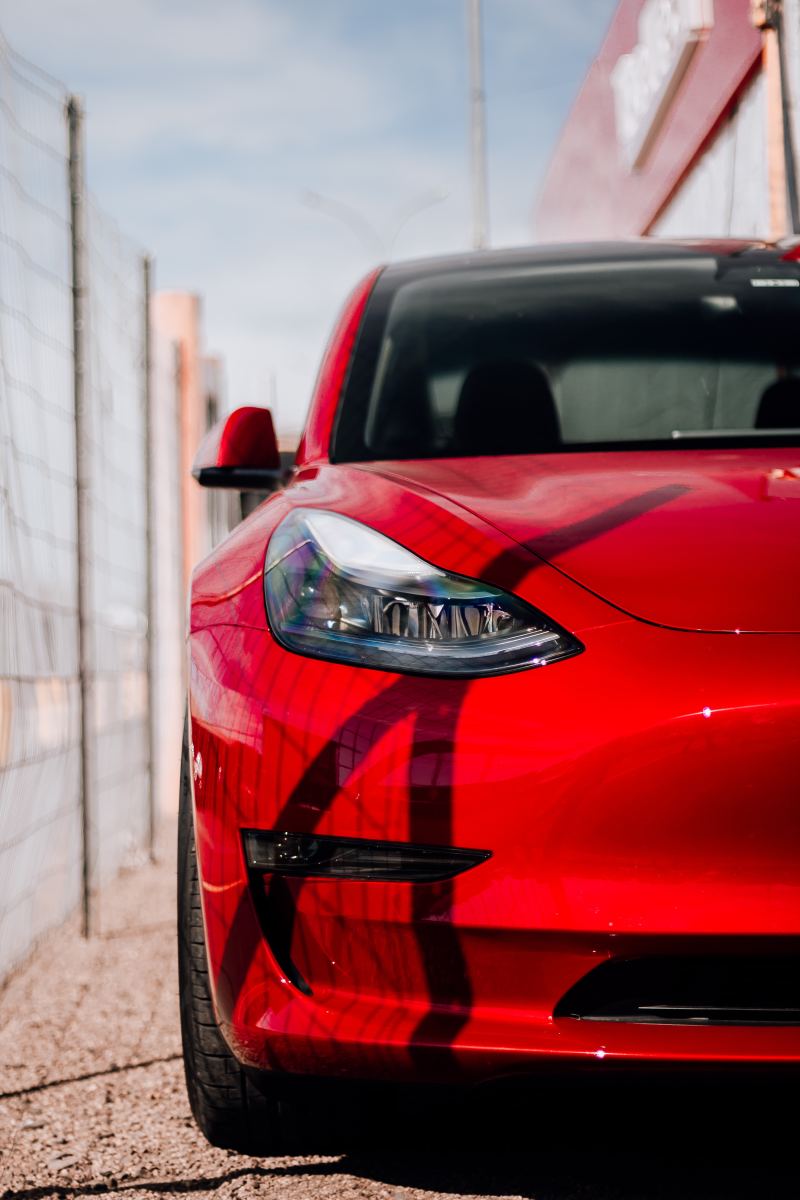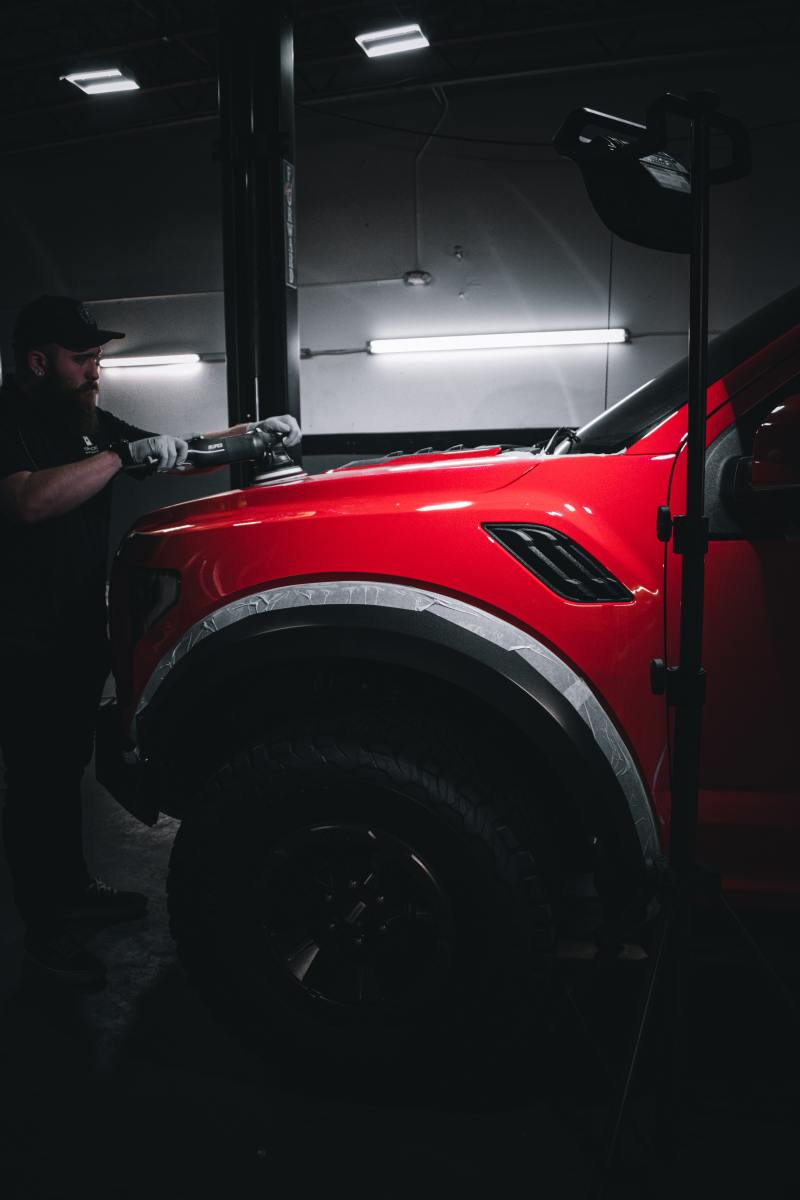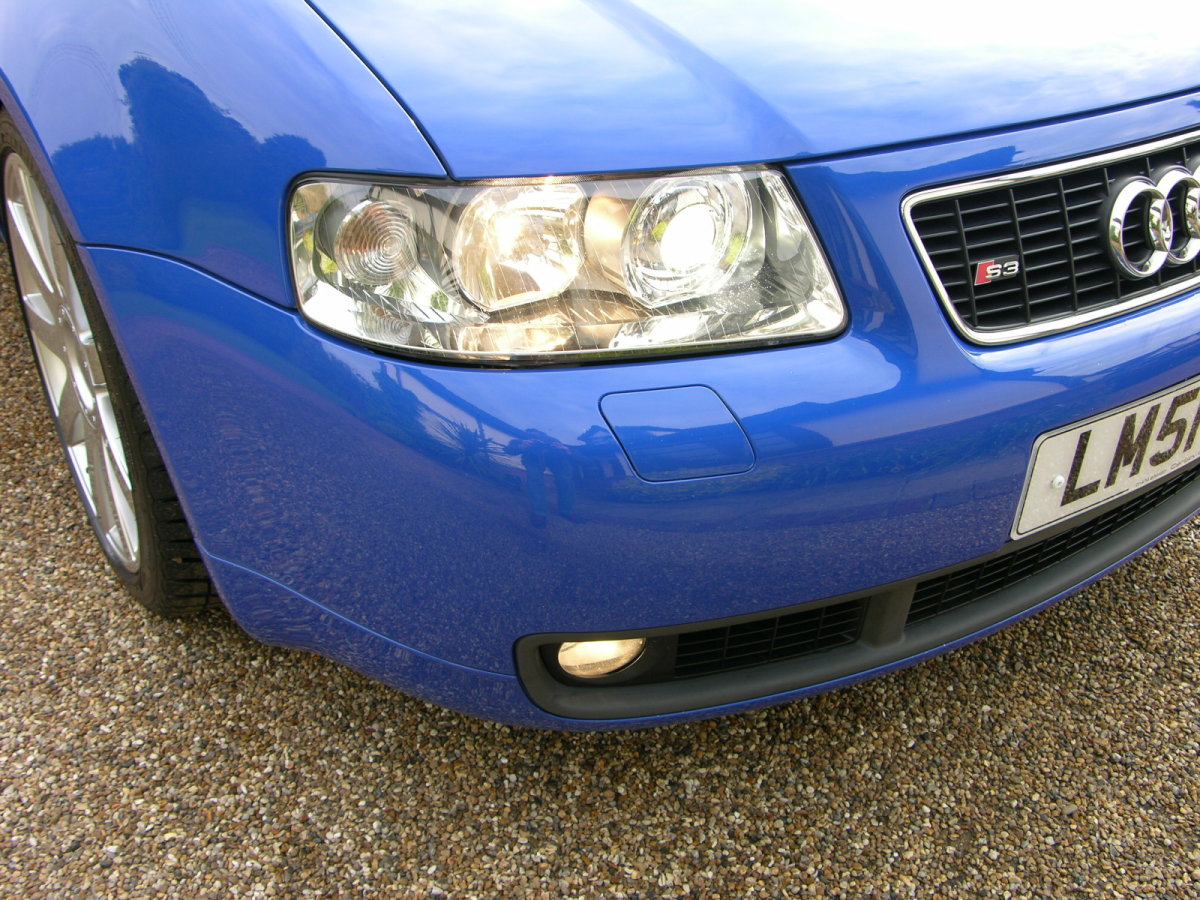8 Ways To Make Your Car Last Longer
Next to your house, your car is probably your largest investment. And let's face it, as investments go, it's not a great one. From the moment you purchase your automobile, it is losing value. And depending on how you take care of it, the value may go down more quickly. In addition, as long as you own your car you have to perform maintenance on it. Some service is normal and not very costly. Other maintenance can be unexpected, and can cost you an arm and a leg. This article will tell you about some things you can do to make your car last longer, and to decrease the probability that you will have unexpected maintenance costs. If you follow the guidelines in this article, you will have a much better relationship with both your car, and your checkbook.
#1 - Change your oil: I know you've heard it a hundred thousand times. But it is surprising how many people either don't change their oil often enough, or don't change it until it's too late. You should change your oil according to your owner's manual. You can do it yourself. I have provided instructions in this other article. If you don't know how often to change your oil, a good rule of thumb is every 5,000 miles or 3 months, whichever comes first. Remember, oil is the blood of your engine. So you can never be too careful with it. It won't hurt your engine to change your oil and oil filter more often than the manufacturer recommends.
#2 - Rotate your tires: Did you know that abnormal tire wear can cause premature failure of some of the most expensive parts of your car? The tires on your car need to be rotated (change corners of the car) every 10,000 miles unless your manufacturer recommends otherwise. Today, most cars rotate tires from back to front, but not from side to side. When you have your tires rotated (or if you do it yourself) also check the pressure in the tires. Proper tire pressure can greatly increase the lifetime of your tires, can increase gas mileage, and can prevent unexpected failure of the tire, otherwise known as a blowout.
#3 - Change your fuel filter: Your car has a fuel filter because gasoline is your automobile's food, and unfortunately your car doesn't always get the cleanest cups to drink from. The fuel at your neighborhood gas station can be full of rust, water, dirt, and other stuff that is really bad for your engine. Changing your fuel filter on a regular basis will make your engine last longer, and will increase your gas mileage to boot. The fuel filter should be changed about every 15,000 miles unless your owner's manual says otherwise. Diesel engines also have a water cleanout at their fuel filter, because water is very bad for diesel engines. If your diesel engine has a sight glass for water in the fuel filter, check it often.
#4 - Flush your cooling system: Much like your own body regulates heat through sweating, your car regulates heat by sending water all around the engine and then cooling it in front of the car in your radiator. But automotive coolant (anti-freeze) gets dirty over time, and it can clog up the radiator and also kill the pump that circulates it around the engine. You should have your cooling system flushed about once a year, or every 25,000 miles. This will make your engine last longer, not to mention making your heater work better because it runs off of the warm coolant also. Engine coolant is dangerous to animals, so if you do this yourself, don't throw the coolant on the ground or leave it lying around in the open.
#5 - Flush your transmission: The power from your engine is sent to the wheels through the transmission. The transmission lets the car go forward and reverse. It is a really complicated piece of machinary and it has its own oil and filter, separate from the engine. You should have your transmission flushed and have the filter changed regularly. About once a year or every 18,000 miles unless the manufacturer recommends a different schedule. In four wheel drive vehicles, you should also have the transfer case oil changed on the same schedule. It costs between $3,000 and $6,000 dollars for a new transmission, so the cost of flushing the transmission regularly is money well spent.
#6 - Check your CV boots: If your car is newer than 1975, you probably have little rubber boots behind each wheel of your car. These boots protect a special connection between your wheels and the transmission called a constant velocity, or CV, joint. A CV joint is like your elbow. It lets the wheel go around, and up and down, while the car moves different directions. The CV boot is like your skin. It protects the CV joint from dirt, which can make the joint fail prematurely. Unfortunately, CV boots tear easily, expecially if you happen to run over a curb, big gravel or rocks, or other road debris. A CV joint is worth $300 to $2,000 dollars depending on the car. A CV boot is about $100 dollars. So it pays to check your CV boots a couple of times a year to make sure they are not torn or missing completely. If it is damaged, have it replaced immediately. You can do this yourself, but only if you are confident mechanic.
#7 - Change your air filter: Your engine has to breathe to live. And it breathes in air through a filter on top of the engine. When this filter gets dirty, your engine breathes in dirt. That can cause extra wear on the parts inside the engine, which shortens its life. An air filter is about $20 dollars and you can change it yourself, usually without any tools. So changing your air filter on a regular basis is a good idea. You can take it out and see if it is dirty. If not, put it back for another 3 months. Check it more often if you drive through a lot of dust or live on a dirt road.
#8 - Wash and wax your car: Would you go out all summer without sunblock? Your car has a coat of paint on it that is much like your skin. It can get damaged by too much sun, rain, and dirt. A coat of car wax protects your car's paint, and can make it last up to twice as long. You should wash your car at least every other month, and you should wax it at least twice a year with a good quality car polish. There are many types of polish and wax available for cars. I won't recommend any single one to you, just make sure that whatever type you use, that you stick with it. Mixing waxes and polishes can be bad for your paint, and may cause a hazy look on the paint that will cause you more work to remove. Good paint is the number one way to increase resale value, so polishing or waxing your car is definitely worth the time and cost.
That's it. If you keep up with the things I have listed in this article, your car will last longer, and will cost you less to own over time. Not to mention the fact that it will probably get better mileage, run cooler, and sound better. Good luck and let me know if you have any questions.




